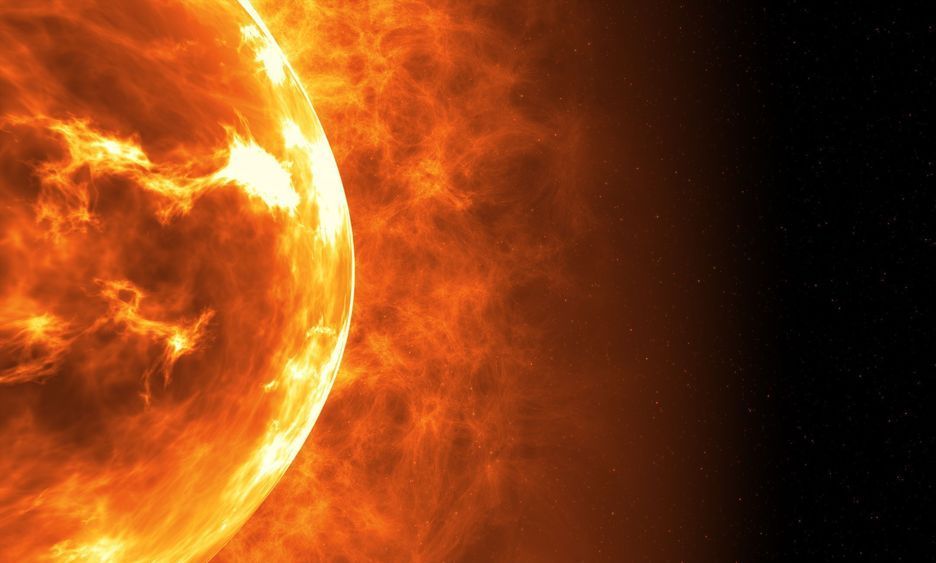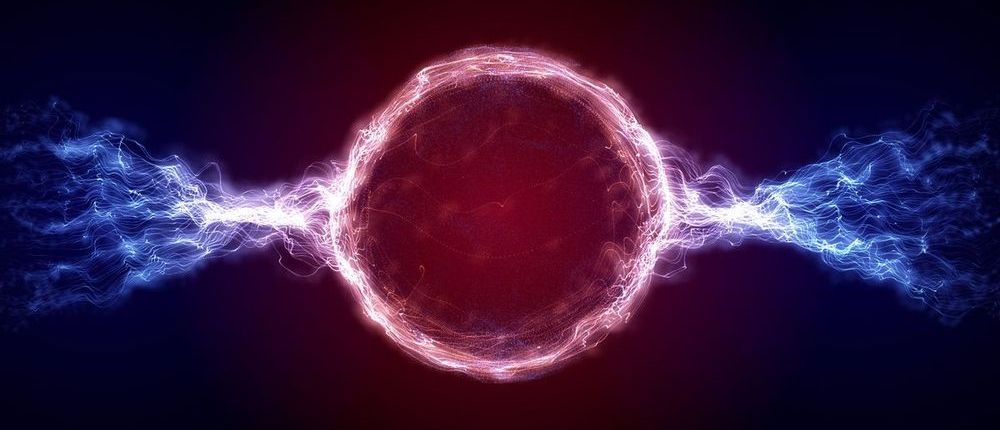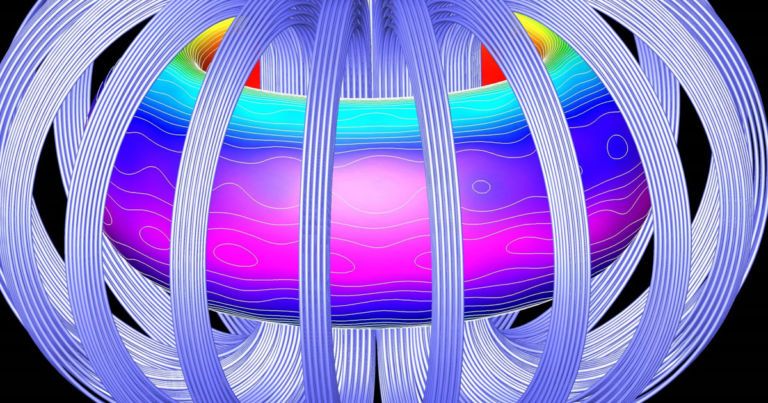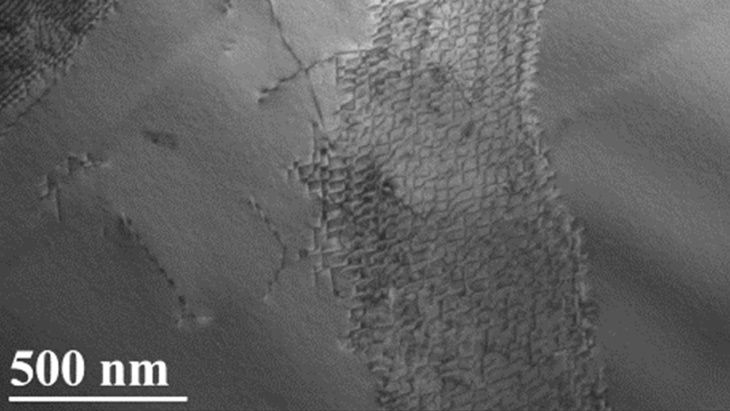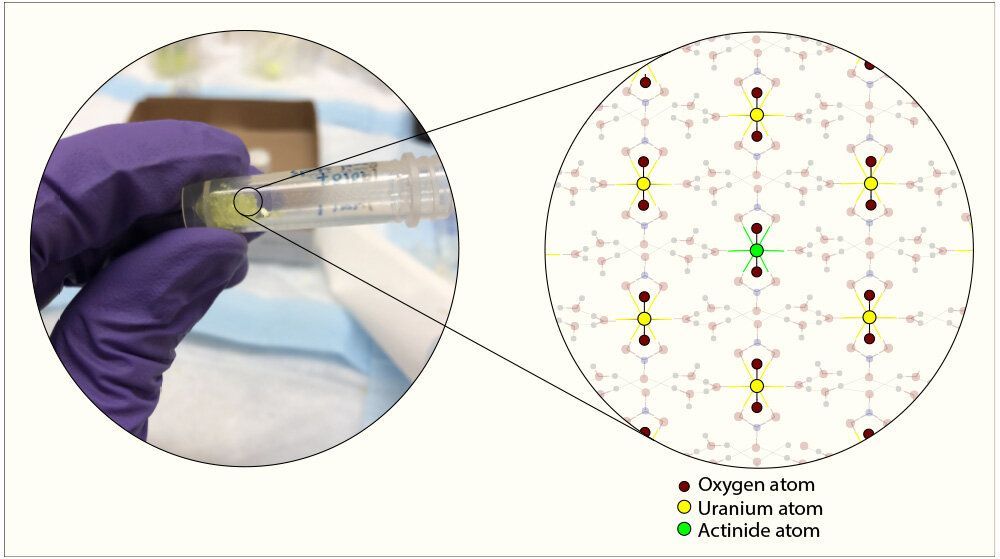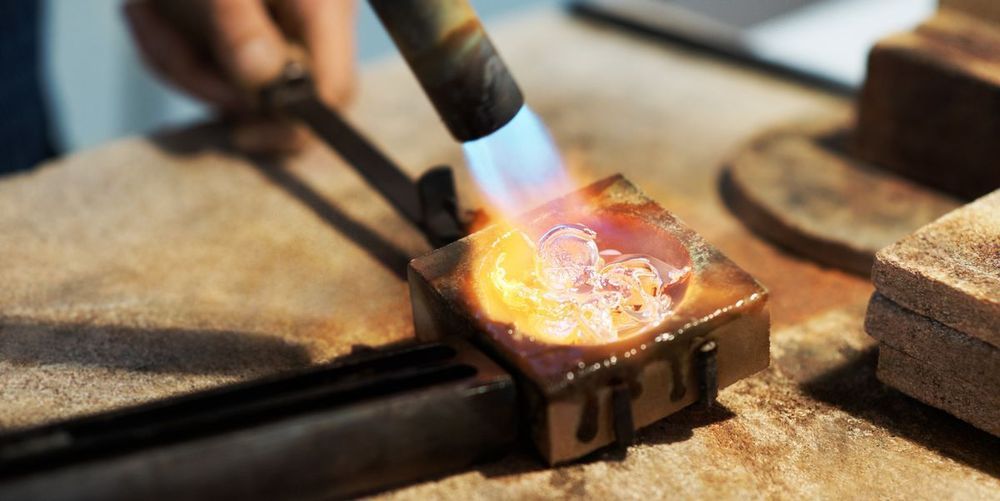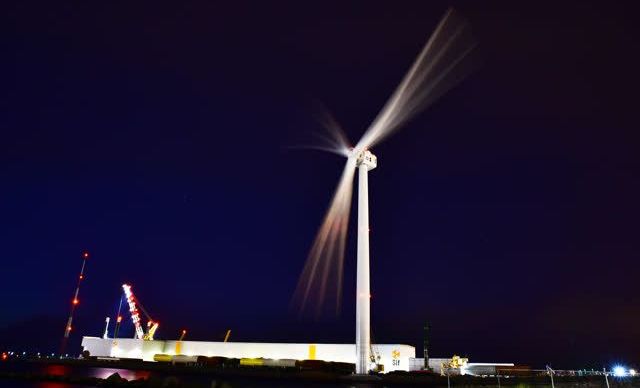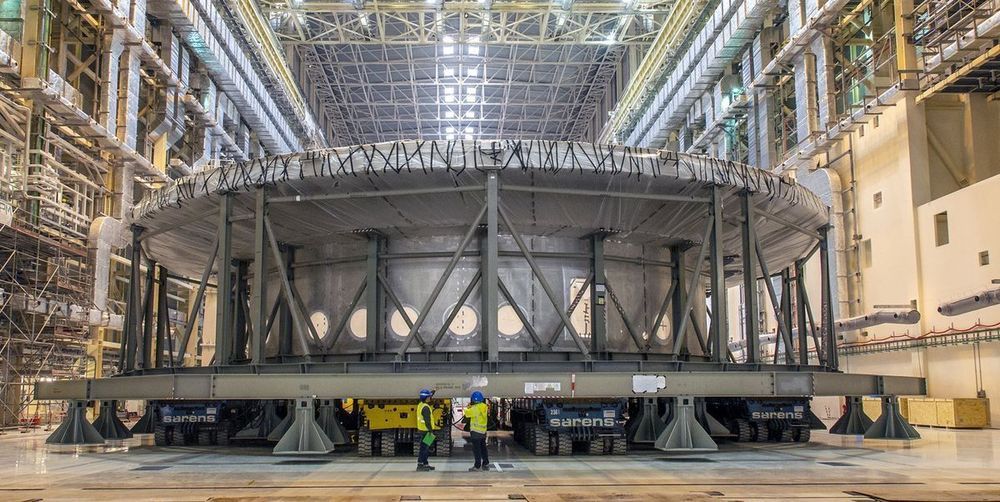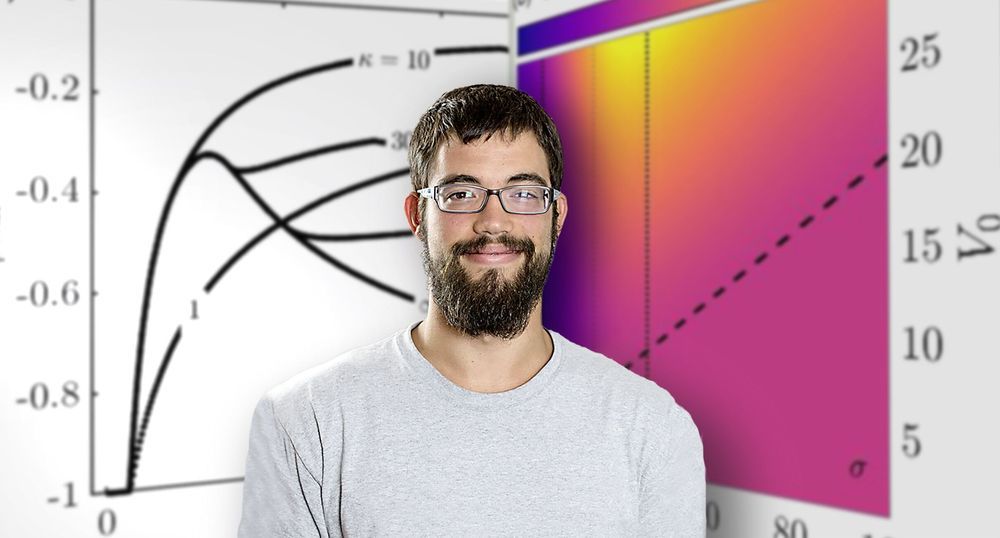May 9, 2020
Nuclear fusion scientists just solved a major problem in harnessing plasma hotter than the Sun
Posted by Quinn Sena in categories: innovation, nuclear energy
Circa 2018 face_with_colon_three
Jong-Kyu Park and colleagues predicted a set of distortions that could control ELMs without any additional instabilities. They then tested these distortions at the Korean Superconducting Tokamak Advanced Research (KSTAR)—a ring-shaped magnetic fusion confinement device. Their experiments worked.
“We show for the first time the full 3D field operating window in a tokamak to suppress ELMs without stirring up core instabilities or excessively degrading confinement,” Park said. “For a long time we thought it would be too computationally difficult to identify all beneficial symmetry-breaking fields, but our work now demonstrates a simple procedure to identify the set of all such configurations.”
